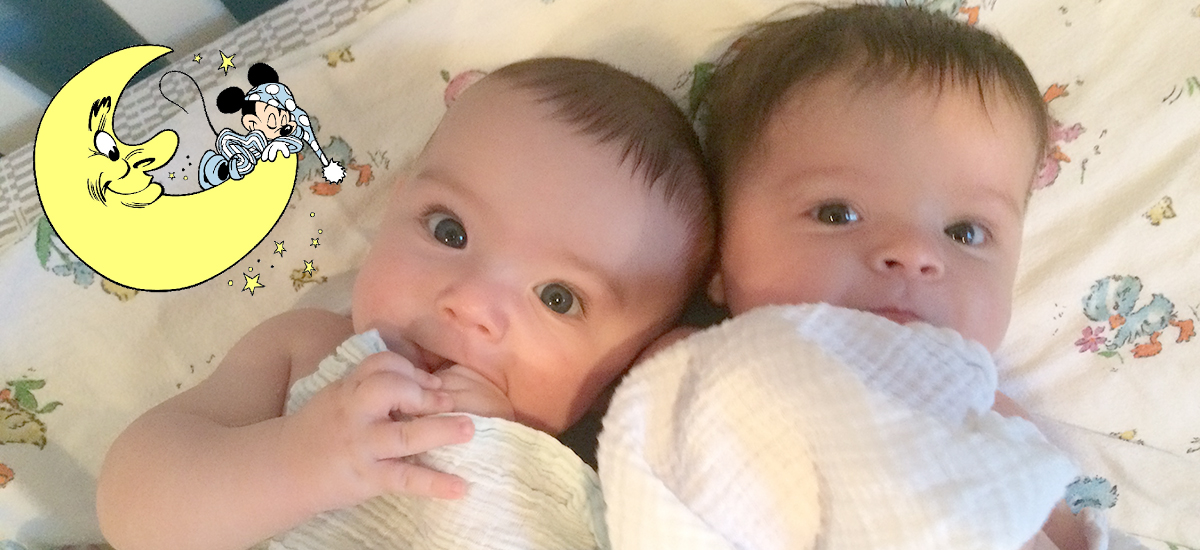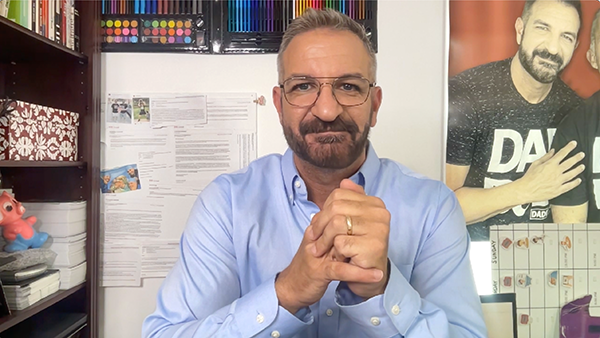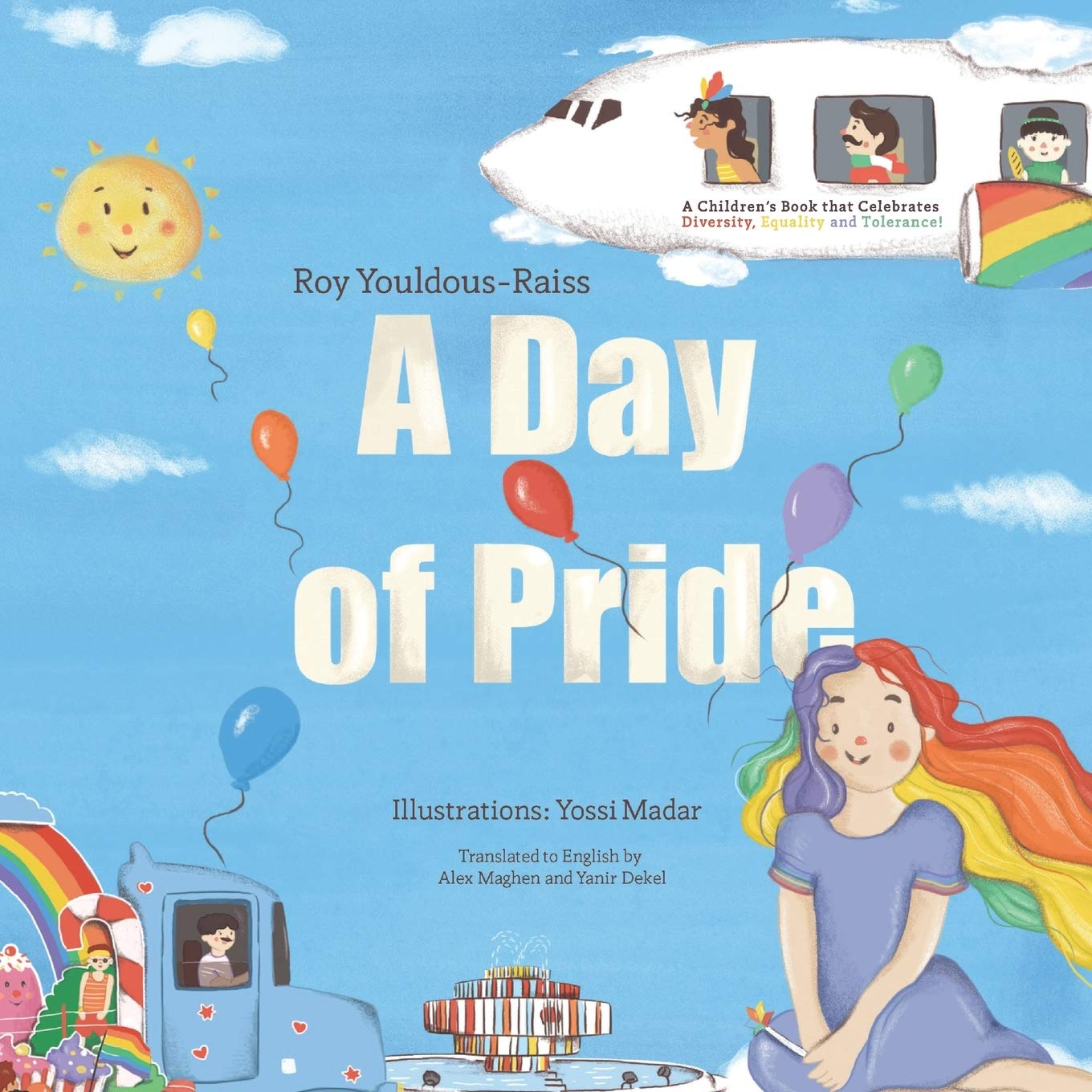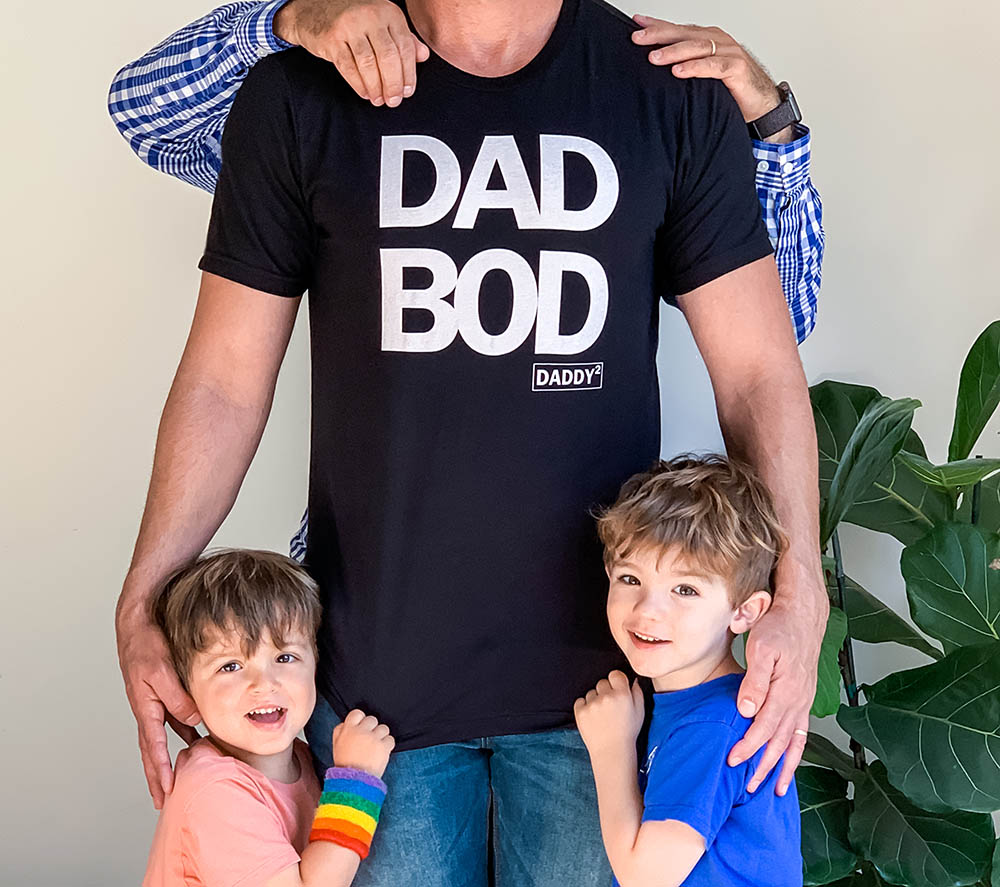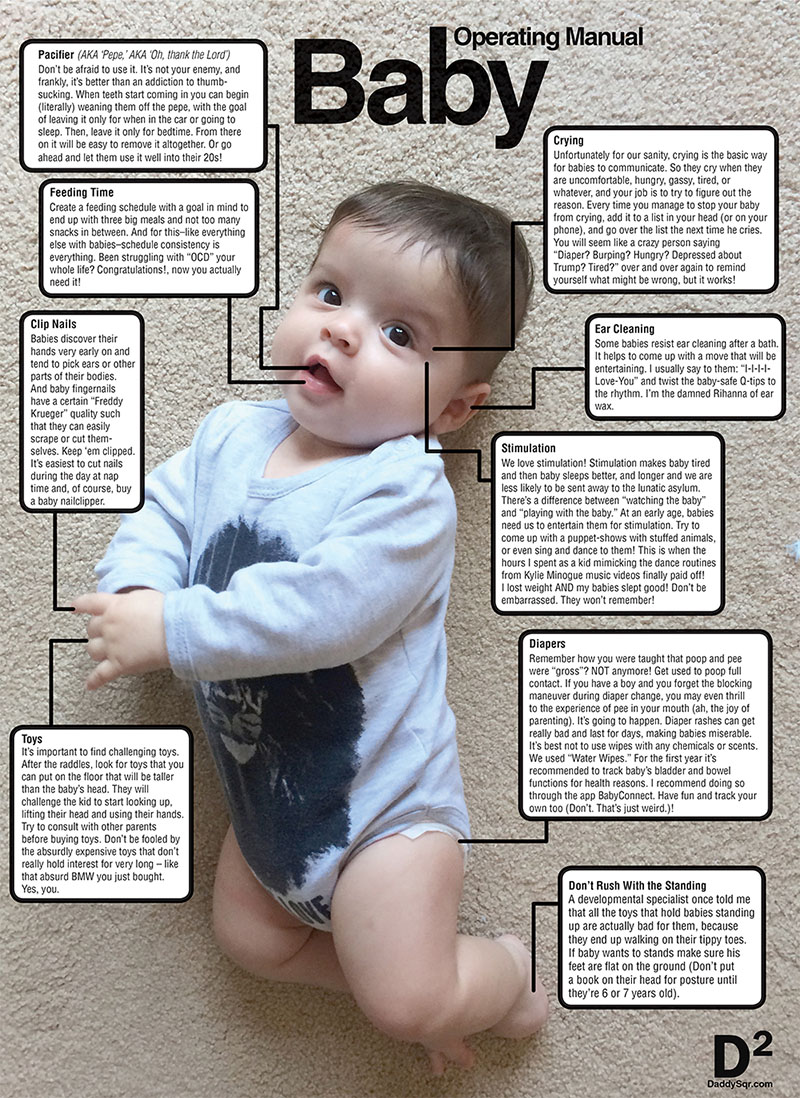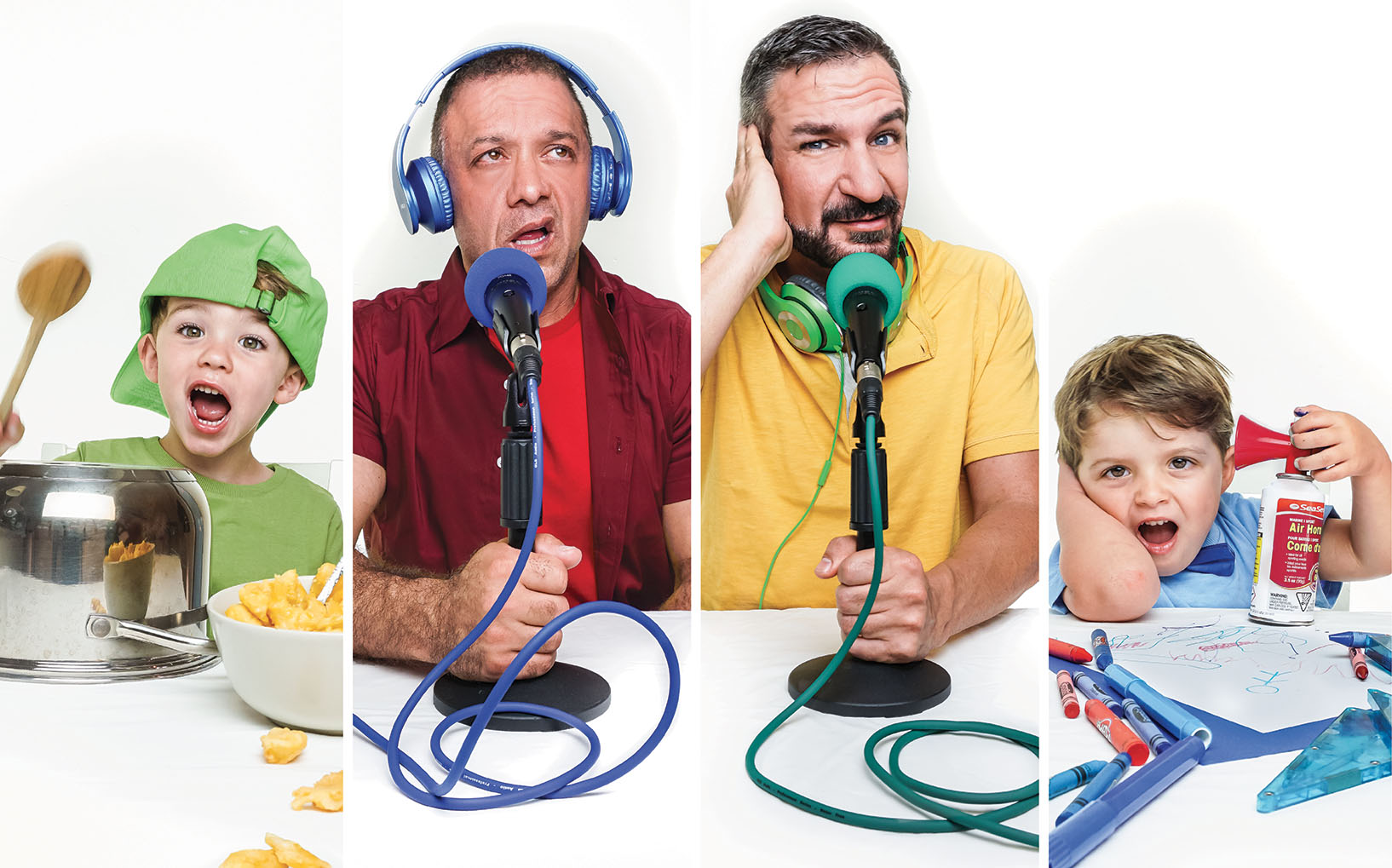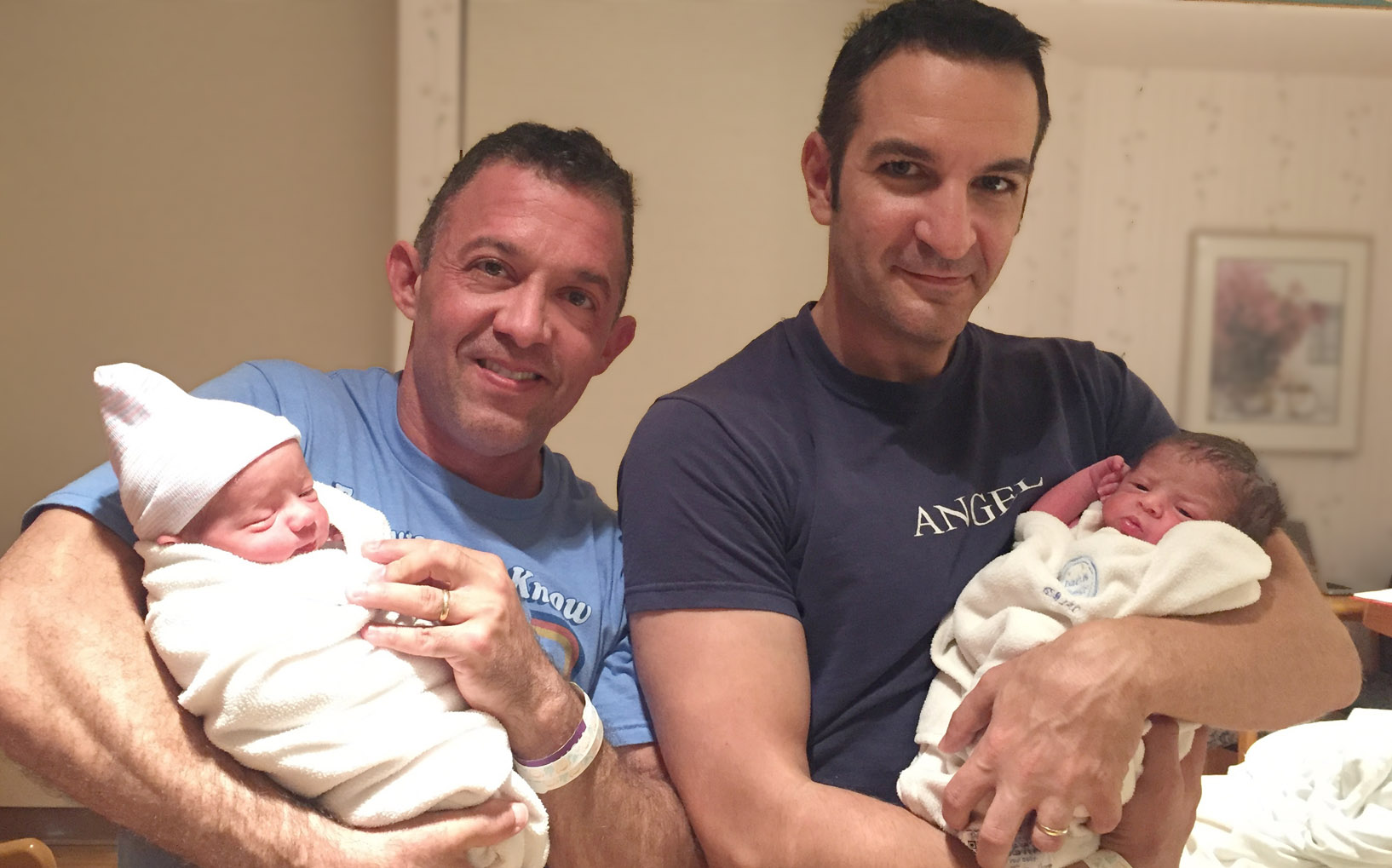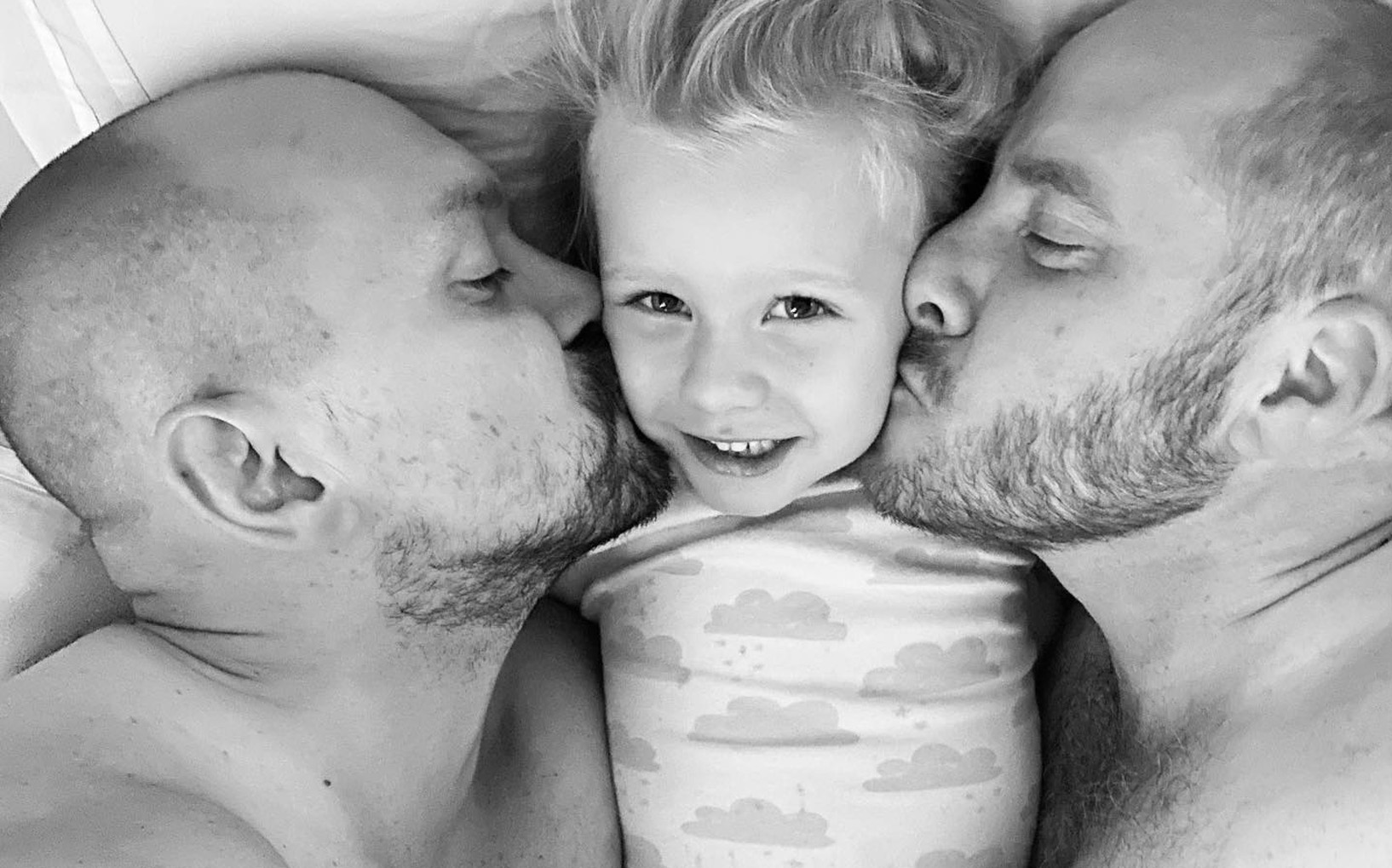How We Got Our Babies to Sleep Through the Night
Both Alex and I are very organized people. Before the kids came along, our days were pretty much regimented. We had our jobs, our workouts at the gym, our nights out and our lazy time in front of the TV. After the pooping-eating-sleeping bombs dropped in our house, we tried as quickly as we could to emerge from the shock and reorganize ourselves and our lives in a new structure that would fit the babies as well.
As always, there are parents who might not agree with me about this, but my philosophy back then – and still now – is: “The kids entered our world. Our world was not created for the kids.” This means that for their good, as well as for ours, it’s important for the kids to merge with a normal schedule. But although we wanted very much to form some sort of a healthy structure, it was nearly impossible in the first few months, where the kids didn’t sleep through the night. Sleep deprived and miserable though we were, we were lucky to find Mary Poppins, a British nurse studying to get her RN USA, who took care of the kids five nights a week, and built a plan for giving us back our 8-hour/night sleep.
Before she came along, we had worked with another night sitter who had recommended a “Sleep Training” model where, after the kids were about 6 months old, we simply let them “cry it out,” and recommended us being out of the house, sleeping in a hotel for a week. Horrible as it may sound, some parenting books recommend this as well. But when “Ms. Poppins” started, she explained that, from her perspective, this approach not only caused some degree of trauma for the kids, it also creates a “fracture” between the baby and his parents – a sense of despair that “no one will come for me.” Put it that way pretty much broke our hearts and we were convinced to try another way. This approach is a little slower but provides more security for the babies, and I’d like to share it with you.
Here’s the plan.
When our kids were born, the hospital instructed us to feed them every two hours. Slowly we enlarged the amounts of formula and created a 4 hour gap between bottles, and they ate 6 times a day: 6am, 10am, 2pm, 6pm, 10pm, 2am. Our goal was to remove two bottles at night, and have them sleep 12 hours from 6 to 6, as recommended for healthy baby growth (12-hours sleep).
First we aimed for removing the 2am bottle. What we did is put them in bed after the 6pm bottle and created this routine where we wake them at 10pm and 2am for the bottles. The key here was being consistent: wake them up for the bottle, feed them and put them back to sleep. Most of the time they were drinking while asleep, and that was great for us. If they woke up between the bottles, we wouldn’t give them another bottle, just soothe them back to sleep.
Once they got used to the 4-hour gap between bottles, and to us waking them up for eating, we started to move the 10pm bottle towards the 6pm bottle, and the 2am towards the 6am. We also learned that at a certain age, babies take more milk naturally before the night, to get enough calories to make it through the night. So the night bottles became: 6pm, 9pm, 3am, 6am, and we started looking to see how much they take at 9am. If it was more than the amount we were supposed to give them, we didn’t wake them up at 3am, but at 3:30, etc.
When we had a good six hour gap between the night bottles, we went back with the 10pm bottle, and let them sleep 6 hours until 4am and, as they were taking more and more milk at 10pm, they eventually didn’t wake up for the 4am bottle.
Removing the 10pm bottle was way easier. As they grew, like I said, they were naturally taking more formula at 6pm and stopped needing the 10pm one.
They key all along was not to think that every time a baby wakes up in the middle of the night it means that we need to feed him. Sometimes a hug is enough. In rare cases, when we saw that nothing helped and the baby was hungry, we gave 1 oz of formula – very little – to make sure he could drink more at the hour that we planned. But it was very rare. Mostly they didn’t really need it.
I must say that I was very comfortable with the plan and with the fact that the kids almost didn’t cry during this process. They did wake up a lot, which is why we decided to continue with (and we were lucky enough to afford) having Ms. Poppins, but the idea was to make sure that our kids will know that there’s someone looking after them all the time. They were not alone.
A disclaimer: Sleep training is not recommended before the age of three months, so don’t try to rush it. But what you can do – because babies can’t tell the difference between day and night – is start building an “evening routine” of bath and a meal, and during the night turn on the lights as little as possible, so the babies will understand ‘the cycle’ and know what to expect.

